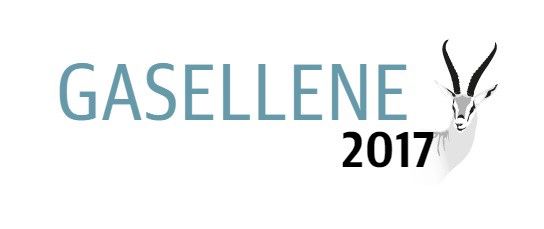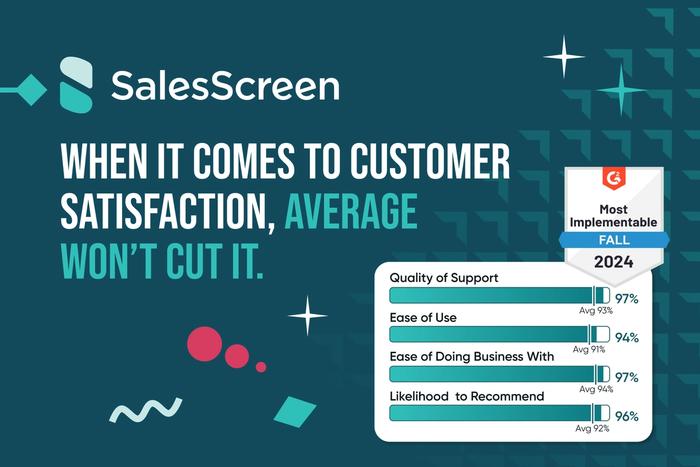Today, we are proud to announce that Dogu AS is the winner of Dagens Næringsliv’s prestigious “Gaselle” Award in the county “Sør Trøndelag” in Norway.
First off, what is a Gazelle, and why does it matter?
Many know the gazelle to be a beautiful, agile and fast little antelope. However, in the business world in Norway, a gazelle company is known as a fast-growing, profitable Norwegian company.
The newspaper Dagens Næringsliv has since 2003 voted and presented “the Norwegian Gazelles” in collaboration with what is now called Bisnode Credit AS. There is a national winner and winners in each counties, and the newspaper’s journalists visit and make reports on these promising businesses.
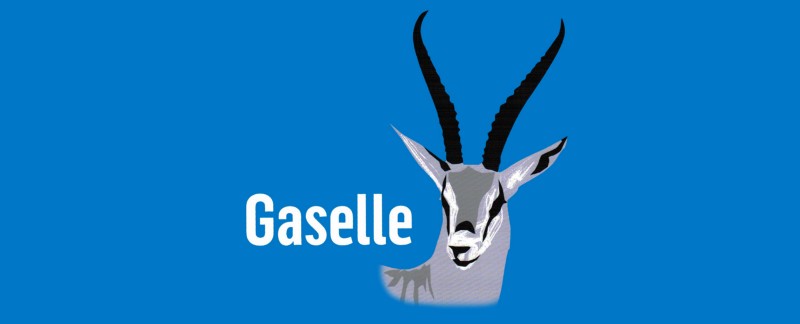
What does it take to become a Gazelle?
Gazelles are calculated and assessed on financial results for the last four years. So, what are the criteria to becoming a gazelle?
To become a gazelle a company must be a joint stock company and have
- financial results approved by a state auditor,
- at least doubled its turnover in the course of four years,
- reported revenues over one million krones the first year,
- reported positive overall operating profits each consecutive year for four years,
- reported positive growth each consecutive year for four years.
- Groups and holding companies cannot be gazelles, and publicly funded businesses or financial companies are excluded.
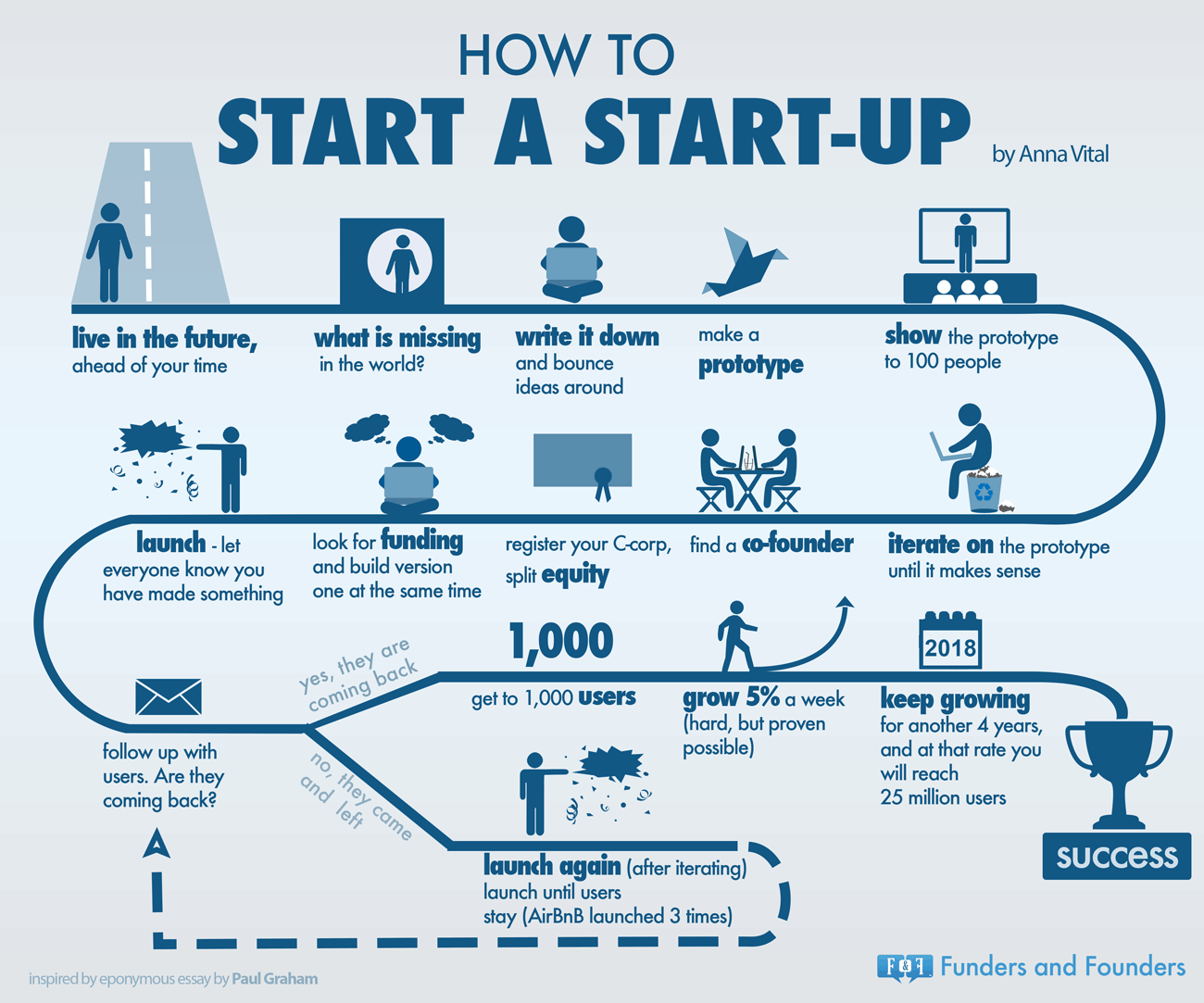
Looking at factors of successful startups
There are many factors that can make a startup successful and help a company become a gazelle. In the list below from Startup Genome Report, we look at some key factors of great startups:
- Founders that learn are more successful: Startups that have helpful mentors, track metrics effectively, and learn from startup thought leaders raise 7x more money and have 3.5x better user growth.
- Startups that pivot once or twice raise 2.5x more money, have 3.6x better user growth, and are 52% less likely to scale prematurely than startups that pivot more than 2 times or not at all.
- Many investors invest 2–3x more capital than necessary in startups that haven’t reached problem solution fit yet. They also over-invest in solo founders and founding teams without technical cofounders despite indicators that show that these teams have a much lower probability of success.
- Investors who provide hands-on help have little or no effect on the company’s operational performance. But the right mentors significantly influence a company’s performance and ability to raise money. (However, this does not mean that investors don’t have a significant effect on valuations and M&A)
- Solo founders take 3.6x longer to reach scale stage compared to a founding team of 2 and they are 2.3x less likely to pivot.
- Business-heavy founding teams are 6.2x more likely to successfully scale with sales driven startups than with product centric startups.
- Technical-heavy founding teams are 3.3x more likely to successfully scale with product-centric startups with no network effects than with product-centric startups that have network effects.
- Balanced teams with one technical founder and one business founder raise 30% more money, have 2.9x more user growth and are 19% less likely to scale prematurely than technical or business-heavy founding teams.
- Most successful founders are driven by impact rather than experience or money.
- Founders overestimate the value of IP before product market fit by 255%.
- Startups need 2–3 times longer to validate their market than most founders expect. This underestimation creates the pressure to scale prematurely.
- Startups that haven’t raised money over-estimate their market size by 100x and often misinterpret their market as new.
- Premature scaling is the most common reason for startups to perform worse. They tend to lose the battle early on by getting ahead of themselves.
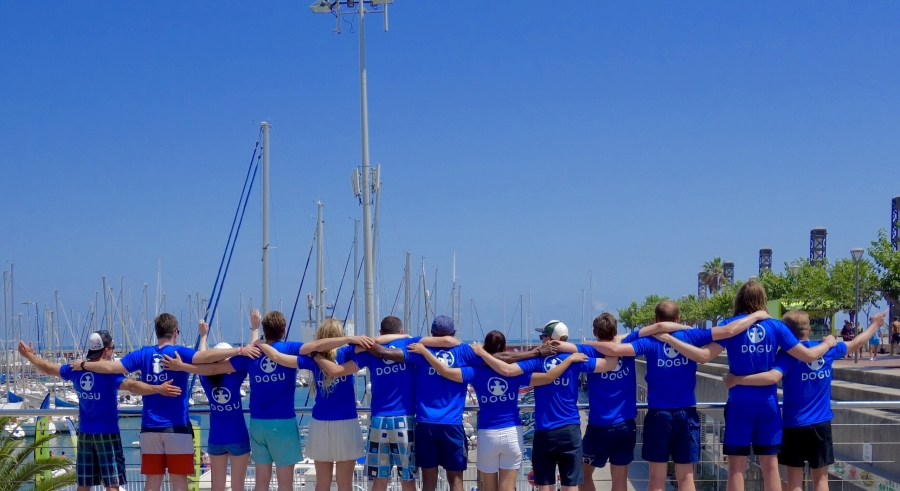
What is it that made Dogu successful, and what can other aspiring startups do to achieve similar growth?
One of the factors mentioned above that Dogu is particularly good at, is tracking metrics effectively. In fact, it’s what we specialize in. We use SalesScreen to clearly define our goals, measure progress on KPIs, create transparency and awareness, and focus activity on what matters most. We believe that this keeps our employees motivated to always do their best at work.
Another factor is that Dogu has only pivoted one time. First the company started as a consulting service to make websites, and then changed the focus to building SalesScreen, based on requests from clients.
Dogu is a bootstrapped company, and we purposely have no investors. We are strategic, patient, and not scaling prematurely… This is proven by the fact that we have achieved over 700% revenue growth in just 4 years.
Additionally, Dogu started with a highly technical team of founders but is now a balanced team, which allows us to see many viewpoints, challenge each other, and use our collective skills to benefit the continued growth of the company.
The Award celebration will be held on Monday, November 6 in Trondheim and there will be another Grand Finale held on November 29th in Oslo. We are excited!

